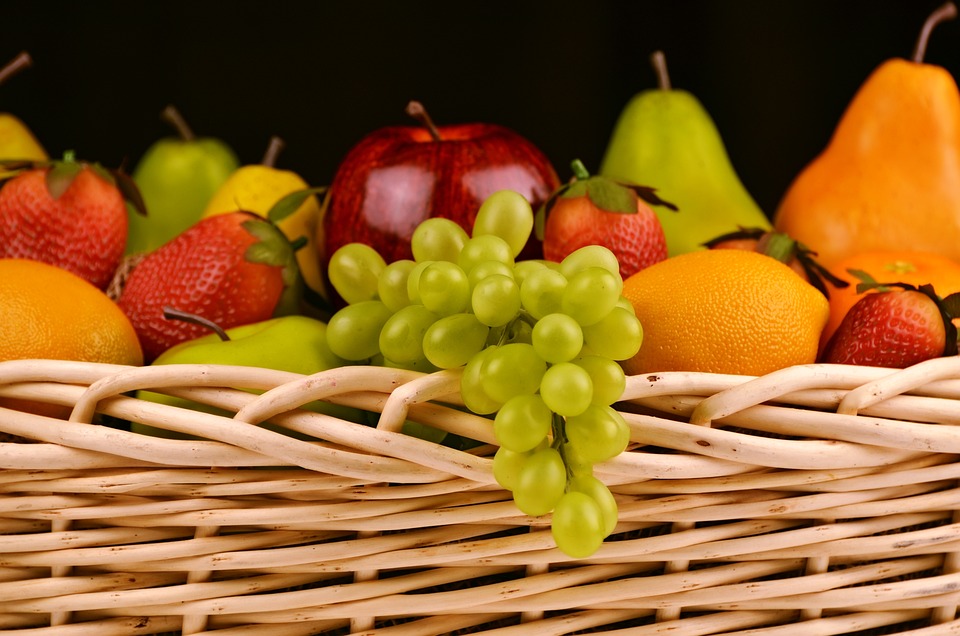Fruits are a vital component of a healthy and balanced diet. They are delicious, and nutritious, and come in a wide variety of shapes, sizes, and colors. Fruits are rich in essential vitamins, minerals, fiber, and antioxidants, which are all critical for maintaining good health. Incorporating fruits into the diet can help prevent chronic diseases such as heart disease, stroke, and certain types of cancer. With so many different types of fruits available, it’s easy to find ones that fit tastes and dietary preferences. In this way, fruits are not only a healthy choice but also a flavorful and enjoyable addition to any meal or snack.
In general, fruits represent symbols of fertility, abundance, and growth. They can also represent the cycle of life, as fruits grow, ripen, and decay over time. Additionally, many fruits are associated with sweetness and pleasure and can be used as symbols of indulgence, sensuality, and enjoyment.
Furthermore, fruits can also have specific meanings in different cultural or historical contexts. Some fruits may have religious significance or may be used in traditional rituals and ceremonies. Others portray specific virtues or characteristics, such as wisdom, generosity, or creativity. Ultimately, the symbolic meaning of fruits is shaped by the cultural, historical, and social contexts in which they are used.
The symbolic meaning of fruits varies across different cultures and contexts, and there is no definitive answer to this question. However, here are some common symbolic meanings of fruits:
Apple:
Firstly, in many cultures, the apple symbolizes knowledge, temptation, and sin, subject to the biblical story of Adam and Eve in the Garden of Eden. In other contexts, the apple can represent health, fertility, and immortality.
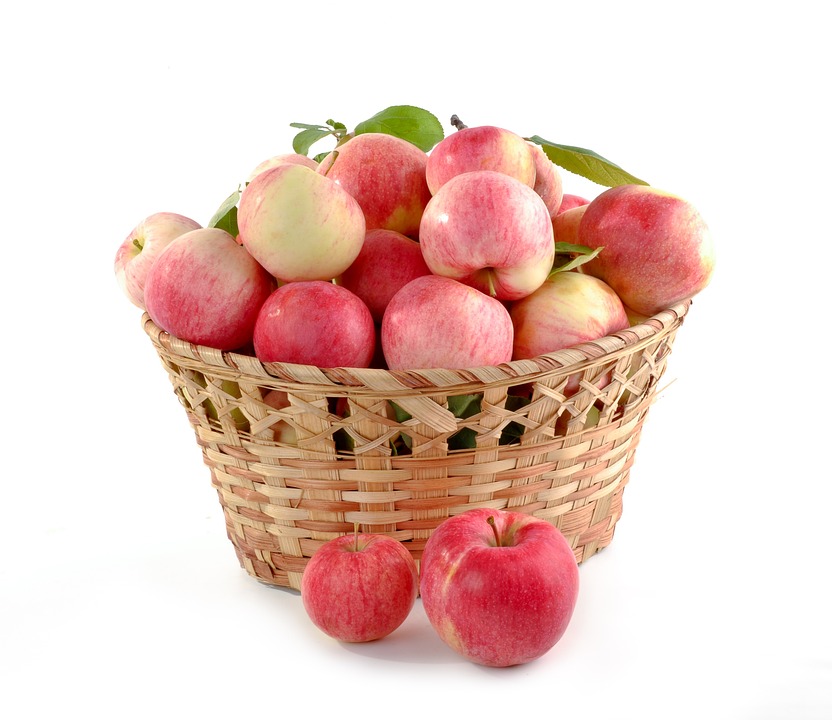
Banana:
The banana symbolizes fertility, sensuality, and the ability to adapt to changing circumstances. It also depicts happiness and good fortune.

Grapes:
Grapes denote abundance, fertility, and prosperity. In some cultures, they also represent the cycle of life, as they grow, ripen, and decay. Grapefruits show off cleanliness, purification, and energy. They can also represent self-care and wellness.
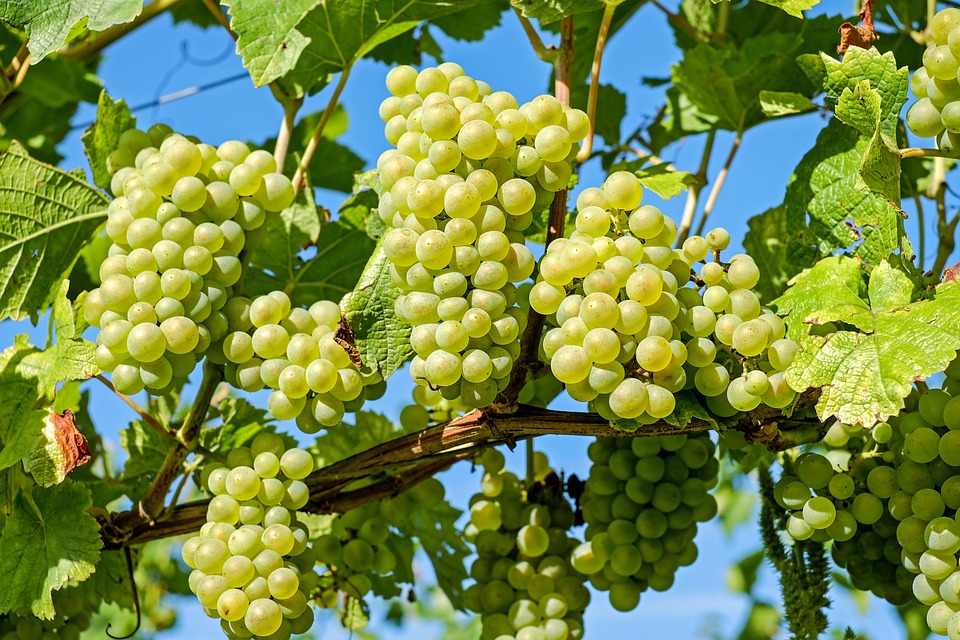
Orange:
Oranges represent energy, vitality, and good health. They are also seen as a symbol of generosity and hospitality.

Lemon:
Lemons depict purification, cleanliness, and healing. They represent resilience and strength.

Pineapple:
Pineapples represent hospitality, friendship, and warmth. They denote prosperity and good fortune.

Watermelon:
Watermelons portray summer, freshness, and abundance. They are also used as a symbol of fertility and sexual desire.
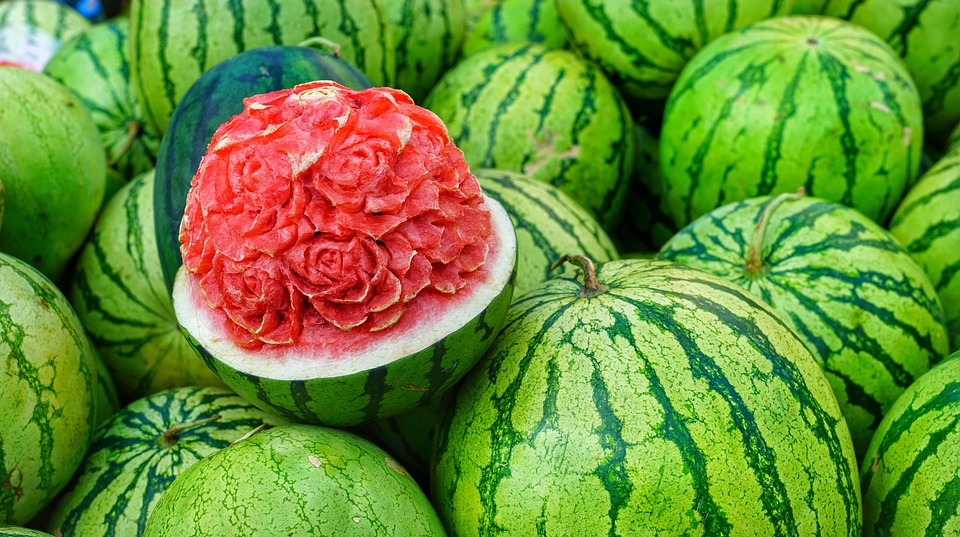
Cherry:
Cherries denote love, passion, and sensuality. They can also represent the fleeting nature of life, as the cherry blossom blooms for only a short time each year.
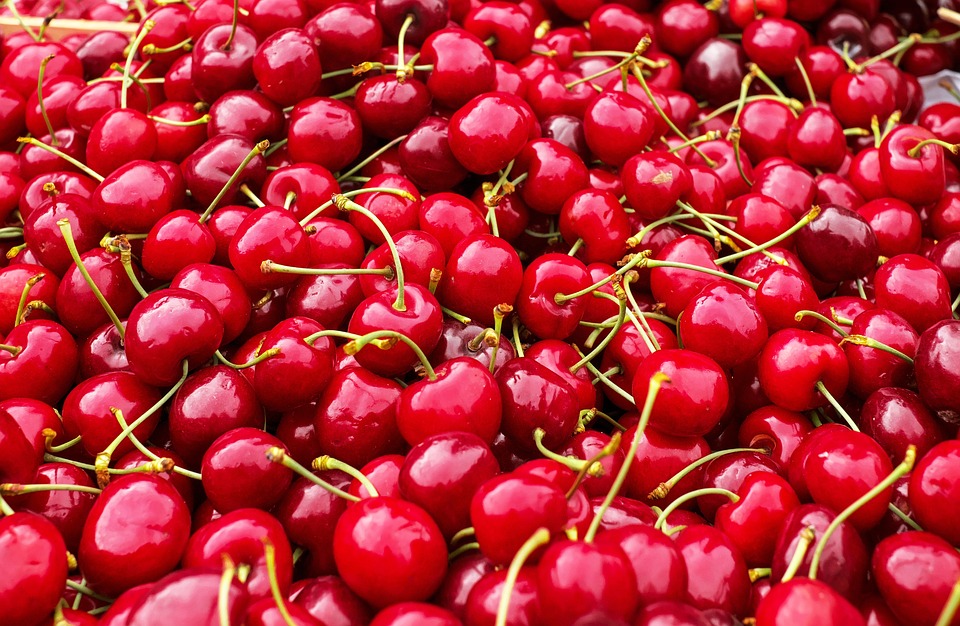
Pear:
Pears symbolizes femininity and grace. In some cultures, they also represent longevity and prosperity.
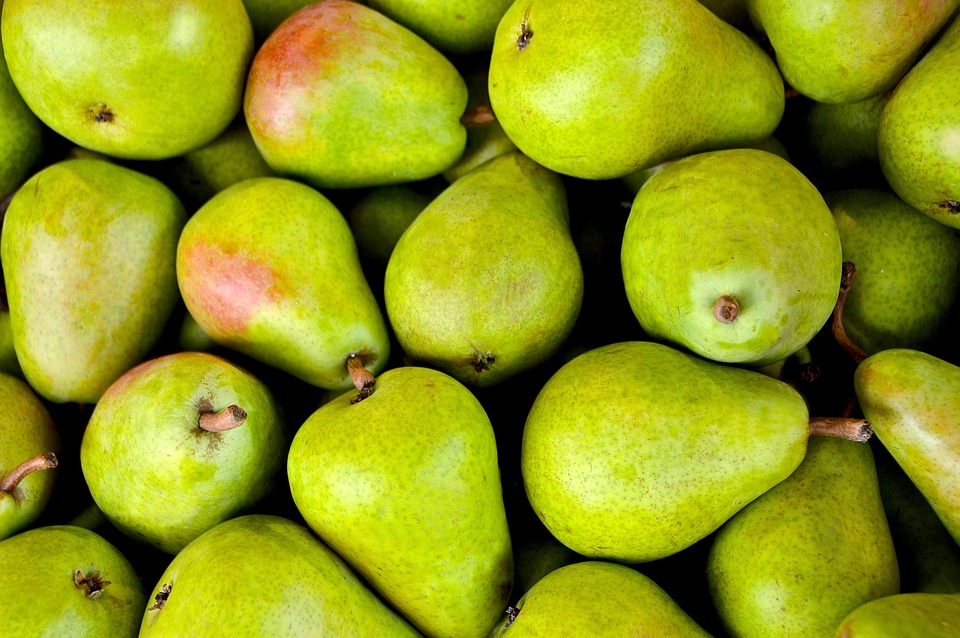
Peach:
Peaches represent sweetness, innocence, and youth. They also depict fertility and immortality.

Plum:
Plums denote dignity, respect, and strength. In some cultures, they also represent good fortune and protection.
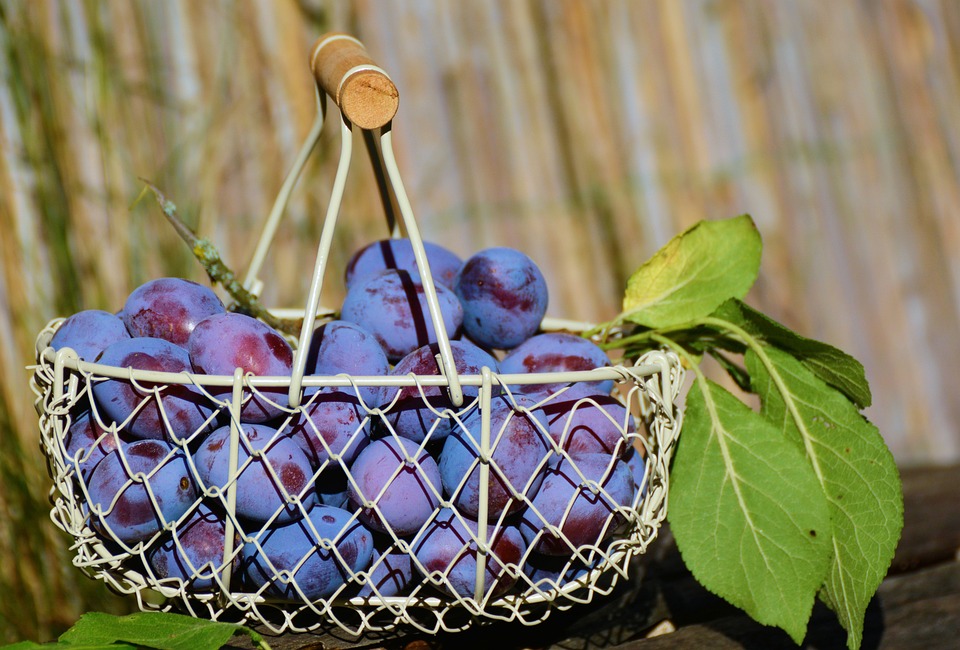
Mango:
Mangoes denote abundance, sweetness, and fertility. They can also represent the cycle of life, as they have a distinct growth and ripening process.

Papaya:
Papayas represent transformation, as they have the cabin color and texture as they ripen. They also denote good health and vitality.
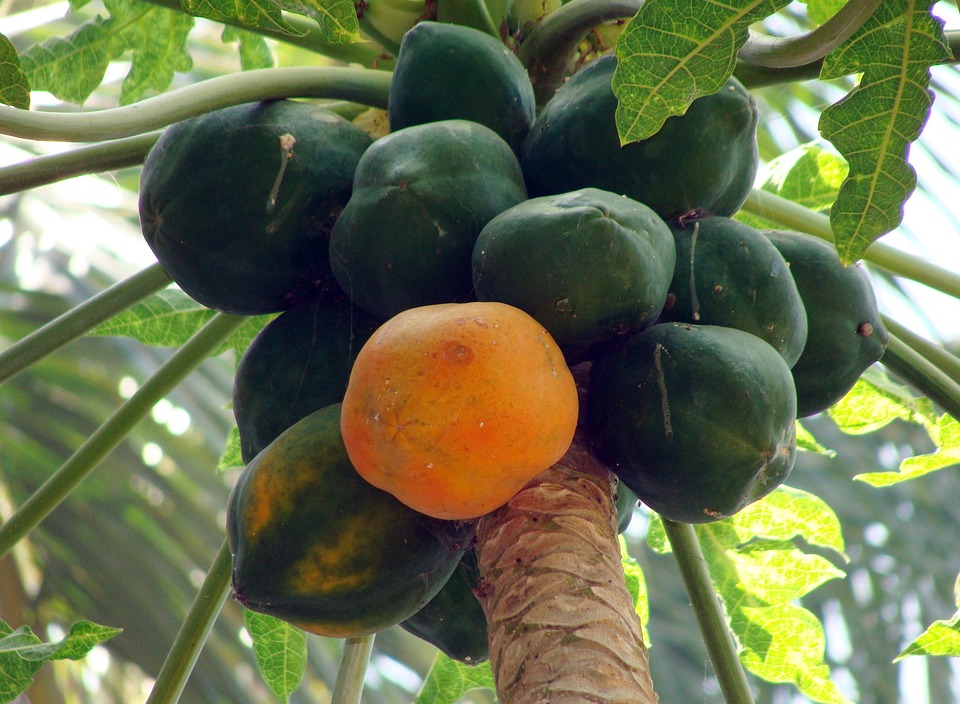
Kiwi:
Kiwis illuminates creativity, intuition, and innovation. They can also represent balance and harmony, as they have a unique balance of sweet and tart flavors.

Fig:
Figs depict fertility, abundance, and sweetness. They also symbolize knowledge and enlightenment.
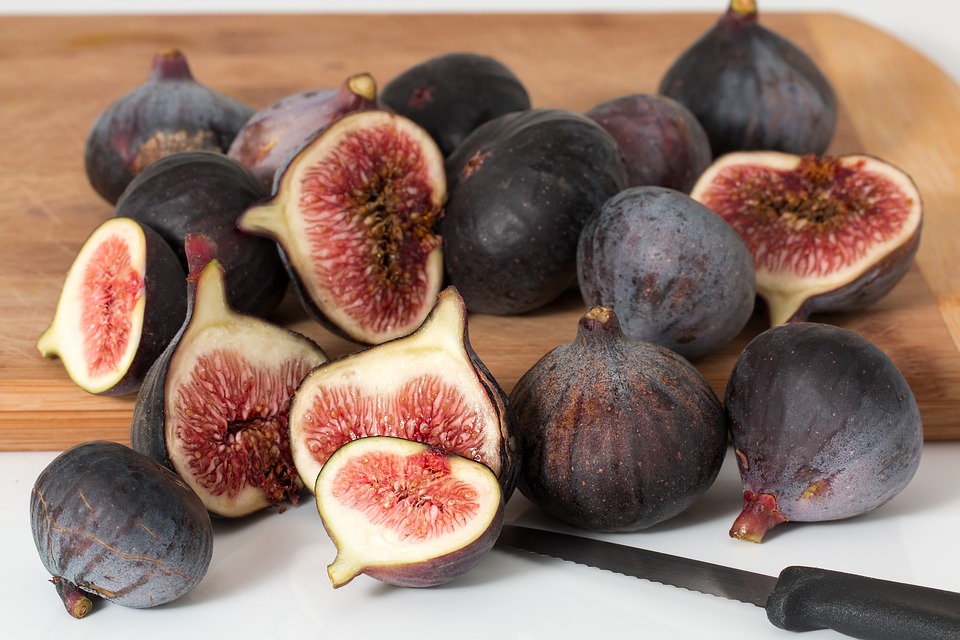
Guava:
Guavas symbolize hospitality and generosity. They also represent resilience and perseverance.
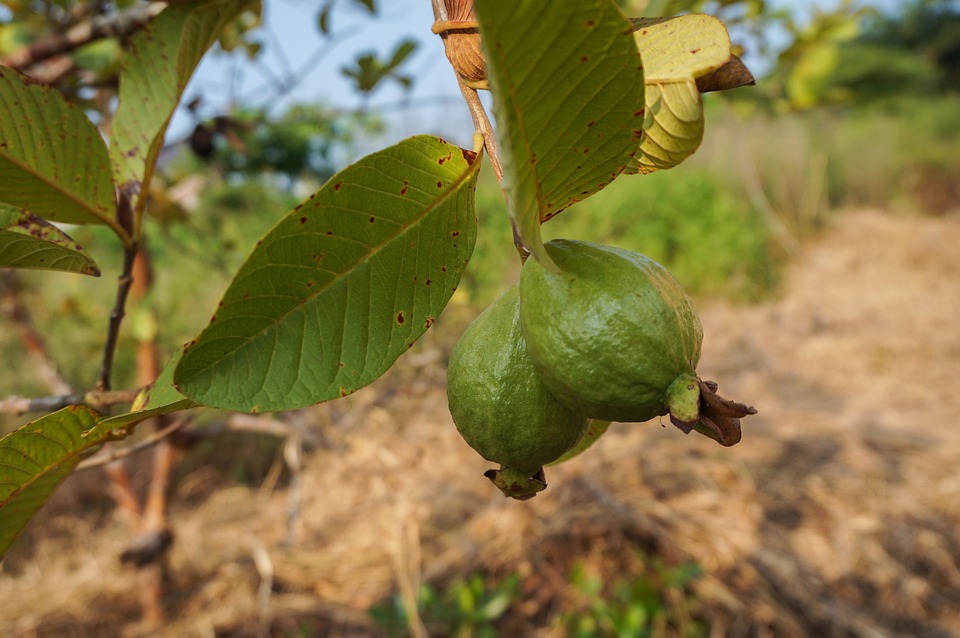
Persimmon:
Persimmons portray transformation and rebirth, as they change in flavor and texture as they ripen. They also symbolize good fortune and abundance.

Pinecone:
Last, while not technically a fruit, pinecones are often used in symbolic contexts alongside fruits. Pinecones symbolize growth, renewal, and regeneration. They can also represent wisdom and enlightenment.

Fruits – Conclusion
In conclusion, fruits are an essential part of a healthy and balanced diet. They are rich in vitamins, minerals, antioxidants, and fiber, which are all important for maintaining good health. Fruits come in a variety of colors, shapes, and flavors, making it easy to incorporate them into meals and snacks in a delicious way. Moreover, eating a variety of fruits can also help prevent chronic diseases such as heart disease, stroke, and certain types of cancer. So, make sure to include plenty of fruits in your diet for optimal health and wellness.
Vibrant Vaishnavi
